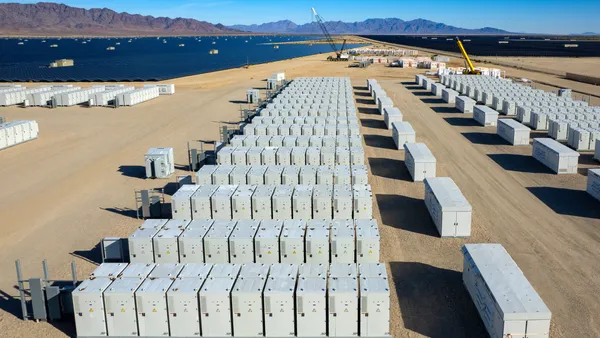Dive Brief:
- Facing a sharp uptick in the number of rooftop solar customers in its service area, Colorado’s biggest rural electric co-op has asked its board of directors for permission to change solar customers’ rates, the Denver Business Journal reports. The Intermountain Rural Electric Association (IREA) has seen its members with rooftop solar grow from 270 at the end of 2014 to more than 600 today, and expects to have about 1,000 by the end of 2015.
- IREA wants to reduce the reimbursement solar owners get for the electricity their systems send to the grid from the retail rate of $0.123 per kWh to $0.065 per kWh. That is just above IREA's avoided cost of $0.051 per kWh for other power sources. The co-op would also reduce the off-peak, nighttime rate solar-owning members pay for electricity to $0.065 per kWh.
- IREA also wants to add a demand charge for its solar customers to the standard $10 monthly service fee all its residential customers pay. The $7 per kW demand charge, a common fee for business customers but rare for residential customers, would be for the kWs used by a solar customer in the 15 minute period of highest usage during each month.
Dive Insight:
The change in remuneration for the electricity solar owners send to the grid would seriously compromise a part of the solar value proposition, the solar industry argues, and the additional demand charge would further hamper it.
IREA’s concern is that if more of its 145,000 member-customers move to solar and don’t pay some kind of fixed fee, grid operations and maintenance costs will be shifted to non-solar owning members. Co-op leaders also argue it is unfair to ask all members to pay twice as much for electricity from its solar-owning members as they do for electricity at the market price.
Solar advocates say the charges are prejudicial against solar and the calculations underestimate the savings solar-generated electricity provides to the grid and the community.
The IREA board of directors will vote on the new rate proposal the morning of Thursday, June 3. If approved, customers will have 30 days to comment before a final vote.













